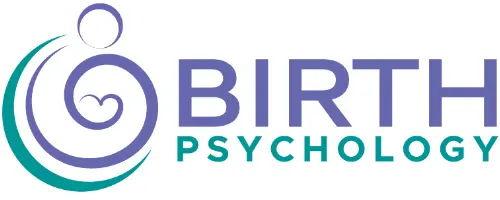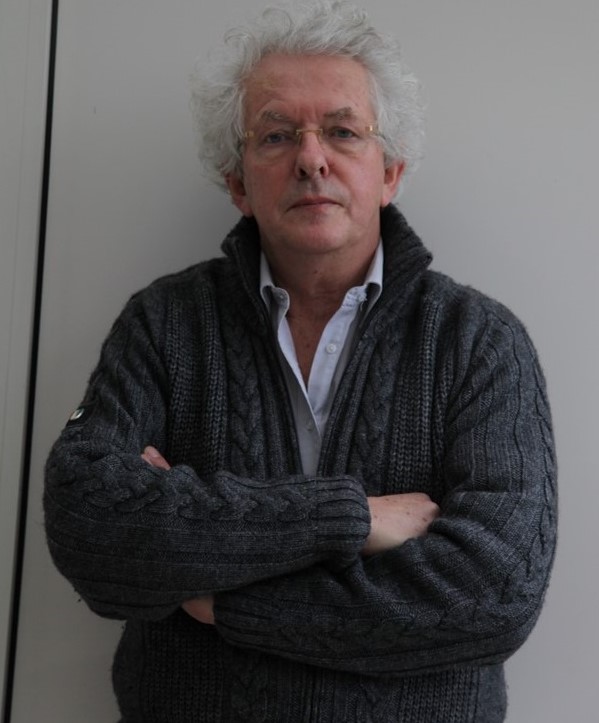Session One: Conception: The Act of Incarnation
The impregnation delusion
In this session you will explore:
- How conception does not involve an “active” fertilizing principle fertilizing another “passive” one. Even purely biologically, this picture is not correct.
- About the dialogue between egg and sperm, hours of mutual interaction, rather a mating dance.
- How cconception is not the “making of”, it is the “enabling of”.
- That conception is not about penetration but a coming together, which is called coitus. Conception is about incarnation, it is not only about Two, but about Three or The Third.
60 min.
Session Two: Where Do We Come From?
Birth: our children come through us but not from us.
In this session you will explore:
- The delusion that profoundly prevents us from thinking about ourselves as beings of mind and body: the idea that we begin as a fertilized egg. Nothing could be further from the truth.
- How our body is not a product of a millionfold multiplication of cells, our body is the wholeness of the organism that we are from the beginning on. We do not “begin” as a cell, therefore, but as a single-celled organism, the zygote.
- How the placenta, which we need in some form for nine months to exist in a womb, is not an added dimension but is an inseparable part of our pre-born physicality.
- How the interaction, the relationship between our so-called peripheral body and our so-called central “actual” body determines how we can exist in the pre-birth life.
- That birth, therefore, is not a child emerging from the mother’s womb but a child dying to de-velop (‘unwind’) and release itself from its own existence. There is at birth a corps, our placenta, our shroud. We are born of ourselves and that is different from being born of one’s mother. Our children come through us, not from us (Kahlil Gibran).
60 min
Session Three: Mind and Body in the Womb
The embryo is not a past, it still exists in us.
In this session you will explore:
- Early thinking of the French philosopher Descartes, the first modern Western philosopher to postulate the duality of mind and body, of soul and body. Not because it was a thought or a theory, but because this duality in our consciousness (“I have and I am my body”) is an experience that each of us can know and recognize.
- How the embryo in its existence protests loudly and clearly against this meaningless duality. From day one we are a unity of mind and body and everything we do in our existence is psychosomatic, i.e. mind and body.
- How shaping your body, growing your body, bringing body into being is an act, an act of the mind, of the soul. It is behavior.
- How the body later also becomes an instrument of that soul and offers the possibility of consciousness and self-awareness. This does not alter the fact that “the embryo in us” still exists as being that spiritual aspect in ourselves that brings the body into being.
- How the embryo, the fetus, behave and the nature and manner and gestures by which they bring about and shape their bodies. Our physical and biological body is behavior.
- How the “embryo within us” is not a past that is past, but the actuality of mind and body within us that brings about and sustains our body for a lifetime.
60 min
Jaap van der Wal, MD, PhD
After medical school Dr. van der Wal specialized in anatomy and embryology and lectured in these disciplines at the medical schools of the universities of Utrecht and Maastricht (The Netherlands) and at various paramedical training colleges (such as for physiotherapy, nursing and midwifery.) Jaap received a PhD for a dissertation on human proprioception (sense of posture and locomotion) and this prompted his main interest in the development of the human embryo along with evolution and genetics, and all that in context with the image of man and philosophy of science. He is an ‘embryologist on the search for spirit.’ Dr. van der Wal has published many articles on these subjects and was co-editor of the report ’Is there future in our DNA?’ (1993) and ’And then there was DNA’ (1999).





